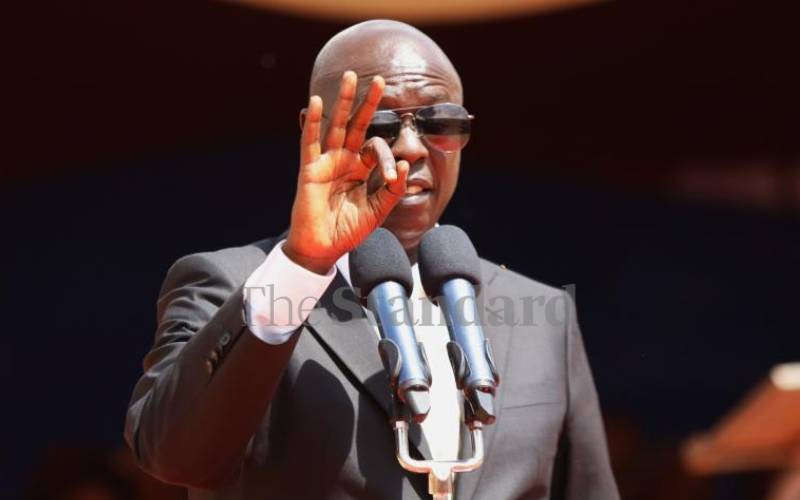
One of the most engaging topics for discussion in different settings, ranging from national 'grandees' in clubs and high places to 'tumundu' (people's) assemblies in rural areas, is the seeming friction between President William Ruto and Deputy President Rigathi Gachagua.
Attempts to deny its existence raise additional questions that are connected to specific utterances and actions that point to friction. In one public picture, for instance, Gachagua appears dejected as president and National Assembly Speaker Moses Wetangula have a good engagement.